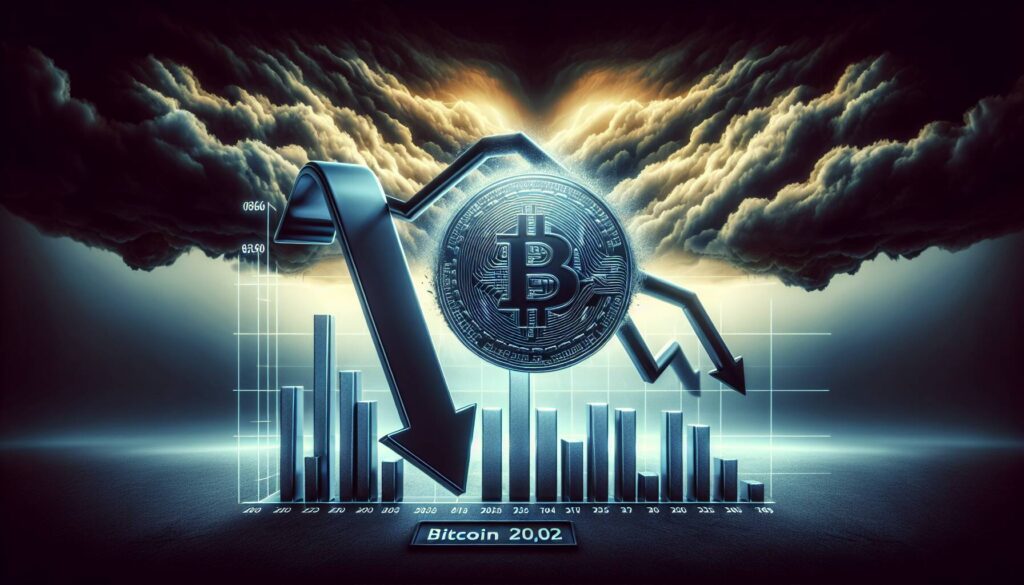The landscape of cryptocurrency is witnessing a significant development as the U.S. Securities and Exchange Commission (SEC) has concluded its investigation into PayPal’s dollar-backed stablecoin, PayPal USD (PYUSD), without imposing any enforcement actions. This marks a notable regulatory milestone for the company, which has navigated this scrutiny since November 2023, when the SEC issued a subpoena requesting documents related to the stablecoin’s operation.
In a recent filing, PayPal revealed that it received communication from the SEC in February 2025 stating the closure of the inquiry. This resolution is particularly timely as it comes at a moment when interest in stablecoins—digital currencies pegged to traditional fiat currencies like the U.S. dollar—is surging. The SEC’s decision reflects a broader trend, as the agency has been steadily dropping investigations against various crypto firms in recent months.
“Stablecoins have become a focal point in the debate over how crypto should be regulated,”
noted experts, highlighting the complexities surrounding whether these digital instruments should be treated as securities or money market funds. PayPal’s involvement in the space draws extra attention due to its robust presence in the financial sector, bridging the gap between traditional finance and the burgeoning cryptocurrency market.
Launched in August 2023 on the Ethereum blockchain, PayPal USD is designed for a variety of uses, including peer-to-peer payments and commerce. It’s backed by short-term U.S. Treasury bills and dollar deposits, enhancing its attraction as consumers seek ways to manage their digital transactions with confidence.
At this juncture, the competition in the stablecoin arena is heating up. Industry giants such as Ripple, Mastercard, and Visa are entering the fray, and some analysts even argue that we are witnessing a “WhatsApp Moment” for money transfers, suggesting the potential for stablecoins to revolutionize the payments sector as instant messaging did for communication.
To bolster its position, PayPal has announced that they will offer U.S. users a competitive 3.7% yield on balances held in PYUSD, further intensifying the stakes in the evolving stablecoin market. As it currently stands, PYUSD has a market capitalization of $887 million, placing it sixth among stablecoin issuers according to CoinMarketCap.
With the SEC now stepping back, PayPal looks poised to deepen its foray into blockchain-based payments, signaling a progressive shift in the regulatory environment surrounding cryptocurrencies.

PayPal’s Stability Amid SEC Investigation Closure
The U.S. Securities and Exchange Commission (SEC) has concluded its investigation into PayPal’s dollar-backed stablecoin, PayPal USD (PYUSD), without taking enforcement action. Here are the key points relevant to this development:
- SEC Inquiry Conclusion:
- The SEC’s probe began with a subpoena issued in November 2023, requesting documents related to PYUSD.
- In February 2025, the SEC decided to close the investigation, signaling no enforcement action against PayPal.
- Impact on PayPal:
- The closure of the inquiry alleviates regulatory concerns, allowing PayPal to expand its blockchain-based payment services confidently.
- PayPal introduced PYUSD in August 2023, pegged to the U.S. dollar and backed by U.S. Treasury bills and deposits.
- Regulatory Landscape for Stablecoins:
- Stablecoins face increased scrutiny from regulators over their classification as securities or money market funds.
- PayPal’s stature in the market has drawn significant attention, reflecting broader regulatory challenges faced by crypto firms.
- Growing Competitive Environment:
- Other prominent firms like Ripple and Mastercard are entering the stablecoin market, indicating increasing competition.
- PayPal aims to attract users by offering a 3.7% yield on PYUSD deposits, intensifying its competition with traditional and crypto finance.
- Future of Stablecoins:
- The market for stablecoins is projected to grow significantly, potentially reaching $2 trillion by 2028.
- Industry experts liken the current stablecoin evolution to a “WhatsApp Moment” for financial transactions, suggesting transformative potential for the payments industry.
“Stablecoins may disrupt the payments industry similarly to how instant messaging disrupted cross-border communication.”
Regulatory Breakthrough: PayPal’s PYUSD Stablecoin Investigation Closed by SEC
The recent announcement that the U.S. Securities and Exchange Commission (SEC) has closed its investigation into PayPal’s dollar-backed stablecoin, PYUSD, without taking further action acts as a significant milestone in the evolving intersection of traditional finance and digital currencies. This decisive move provides a glimpse into a new regulatory landscape that has been steadily shifting, especially for major players in the crypto arena.
On one hand, PayPal gains a competitive edge as the resolution alleviates a major regulatory burden, enabling the company to focus on expanding its blockchain-based services. Given its stature and established brand, PayPal has the potential to attract more users to its PYUSD offering. This foothold in the rapidly growing stablecoin sector will allow it to capitalize on new developments and partnerships, setting the stage for enhanced peer-to-peer payments and decentralized applications.
However, amid this positive news for PayPal, the overall competition in the stablecoin industry remains intense. With recognizable brands like Ripple, Mastercard, and Visa also entering the landscape, PayPal’s current market cap of $887 million puts it in a precarious position compared to larger competitors. As these firms innovate and potentially capture a larger share of the market, PayPal must strategically navigate these competitive waters to maintain its relevance.
Moreover, while this closure signals progress for PayPal, it poses challenges for smaller stablecoin issuers. As the SEC shifts its focus to larger and more well-known companies, there’s a risk that smaller firms may feel the brunt of evolving regulatory scrutiny. Companies like Circle might be confronted with heightened examination, especially if they’re perceived as less compliant or transparent than industry giants like PayPal.
In summary, the closure of the SEC investigation represents a double-edged sword; it benefits PayPal significantly but may also widen the gap between industry leaders and emerging players. For consumers, this could mean an increasingly competitive landscape with potentially enhanced services and yields, while for smaller companies, it introduces an ecosystem rife with challenges and uncertainties. The evolution of stablecoins could redefine the payments industry, but the path will not be easy for all companies involved.
















